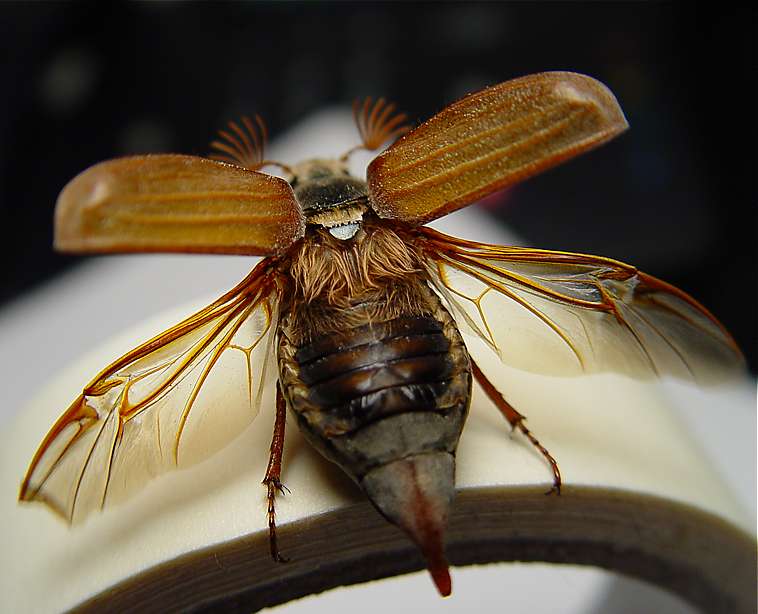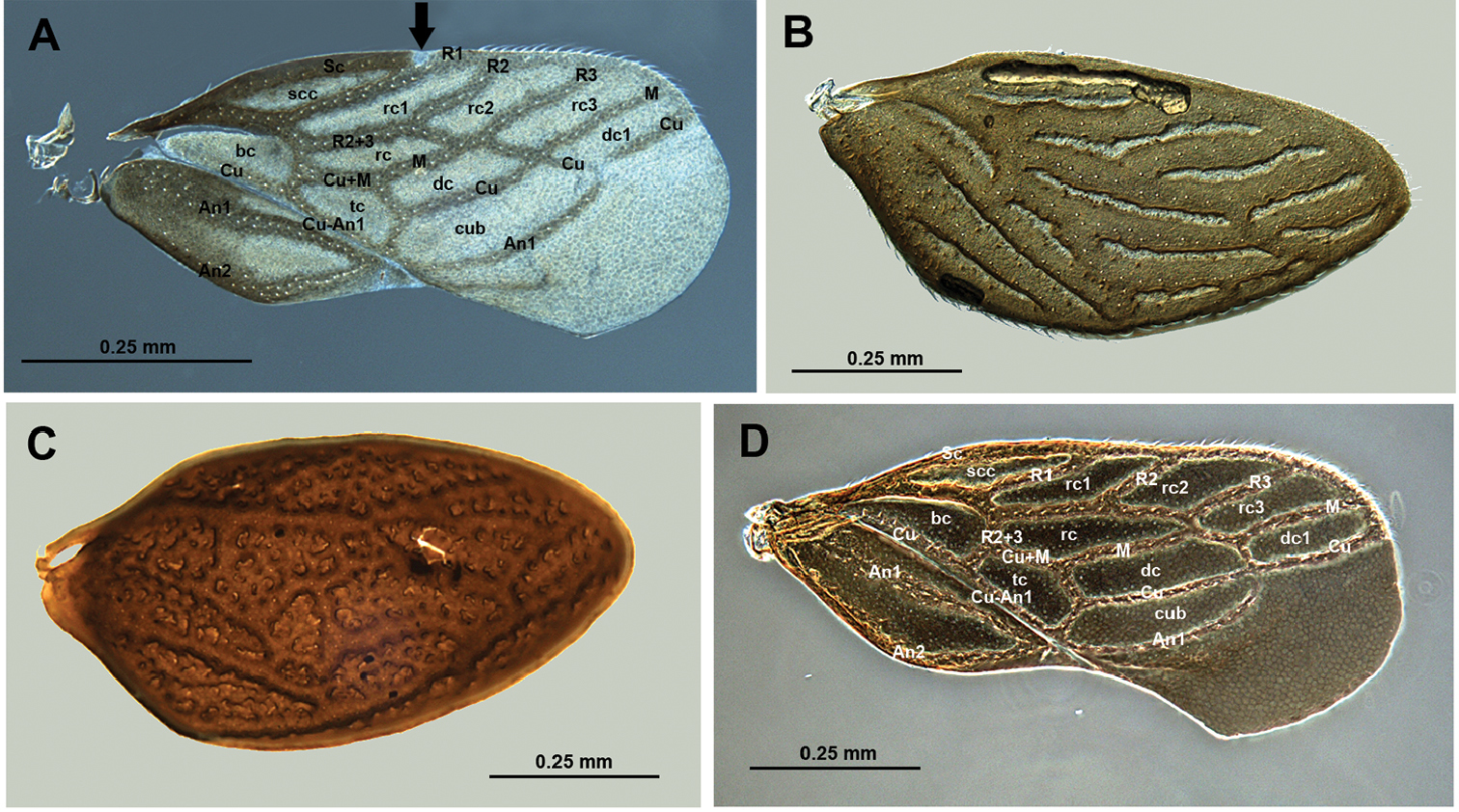elytra on:
[Wikipedia]
[Google]
[Amazon]
 An elytron (; ; , ) is a modified, hardened
An elytron (; ; , ) is a modified, hardened 

 An elytron (; ; , ) is a modified, hardened
An elytron (; ; , ) is a modified, hardened forewing
Insect wings are adult outgrowths of the insect exoskeleton that enable insects to fly. They are found on the second and third thoracic segments (the mesothorax and metathorax), and the two pairs are often referred to as the forewings and hindwin ...
of beetle
Beetles are insects that form the order Coleoptera (), in the superorder Endopterygota. Their front pair of wings are hardened into wing-cases, elytra, distinguishing them from most other insects. The Coleoptera, with about 400,000 describ ...
s (Coleoptera), though a few of the true bugs (Hemiptera
Hemiptera (; ) is an order (biology), order of insects, commonly called true bugs, comprising over 80,000 species within groups such as the cicadas, aphids, planthoppers, leafhoppers, Reduviidae, assassin bugs, Cimex, bed bugs, and shield bugs. ...
) such as the family Schizopteridae are extremely similar; in true bugs, the forewings are called hemelytra (sometimes alternatively spelled as "hemielytra"), and in most species only the basal half is thickened while the apex is membranous, but when they are entirely thickened the condition is referred to as "coleopteroid". An elytron is sometimes also referred to as a shard.


Description
The elytra primarily serve as protective wing-cases for thehindwing
Insect wings are adult outgrowths of the insect exoskeleton that enable insects to fly. They are found on the second and third thoracic segments (the mesothorax and metathorax), and the two pairs are often referred to as the forewings and hindwi ...
s underneath, which are used for flying. To fly, a beetle typically opens the elytra and then extends the hindwings, flying while still holding the elytra open, though many beetles in the families Scarabaeidae
The family Scarabaeidae, as currently defined, consists of over 30,000 species of beetles worldwide; they are often called scarabs or scarab beetles. The classification of this family has undergone significant change in recent years. Several sub ...
and Buprestidae
Buprestidae is a family of beetles known as jewel beetles or metallic wood-boring beetles because of their glossy iridescent colors. Larvae of this family are known as flatheaded borers. The family is among the largest of the beetles, with some ...
can fly with the elytra closed (e.g., most Cetoniinae
Flower chafers are a group of scarab beetles, comprising the subfamily Cetoniinae. Many species are diurnal and visit flowers for pollen and nectar, or to browse on the petals. Some species also feed on fruit. The group is also called fruit an ...
; ).
In a number of groups, the elytra are reduced to various degrees, (e.g., the beetle families Staphylinidae
The rove beetles are a family (Staphylinidae) of beetles, primarily distinguished by their short elytra (wing covers) that typically leave more than half of their abdominal segments exposed. With roughly 63,000 species in thousands of genera, the ...
and Ripiphoridae
Ripiphoridae (formerly spelled Rhipiphoridae) is a cosmopolitan family of some 450 described species of beetles sometimes called "wedge-shaped beetles". Ripiphoridae are unusual among beetle families in that many species are hypermetamorphic pa ...
), or secondarily lost altogether, as in various Elateroidea
The Elateroidea are a large superfamily of beetles. It contains the familiar click beetles, fireflies, and soldier beetles and their relatives. It consists of about 25,000 species.
Description
Elateroidea is a morphologically diverse group, i ...
lineages with wingless females.
In some flightless groups, the elytra are present but fused together, and the hindwings are absent (e.g., some ground beetle
Ground beetles are a large, cosmopolitan distribution, cosmopolitan family (biology), family of beetles, the Carabidae, with more than 40,000 species worldwide, around 2,000 of which are found in North America and 2,700 in Europe. As of 2015, it i ...
s (Carabidae), scarab beetle
The family Scarabaeidae, as currently defined, consists of over 30,000 species of beetles worldwide; they are often called scarabs or scarab beetles. The classification of this family has undergone significant change in recent years. Several sub ...
s, and weevil
Weevils are beetles belonging to the Taxonomic rank, superfamily Curculionoidea, known for their elongated snouts. They are usually small, less than in length, and Herbivore, herbivorous. Approximately 97,000 species of weevils are known. They b ...
s).
References
{{Reflist Insect anatomy